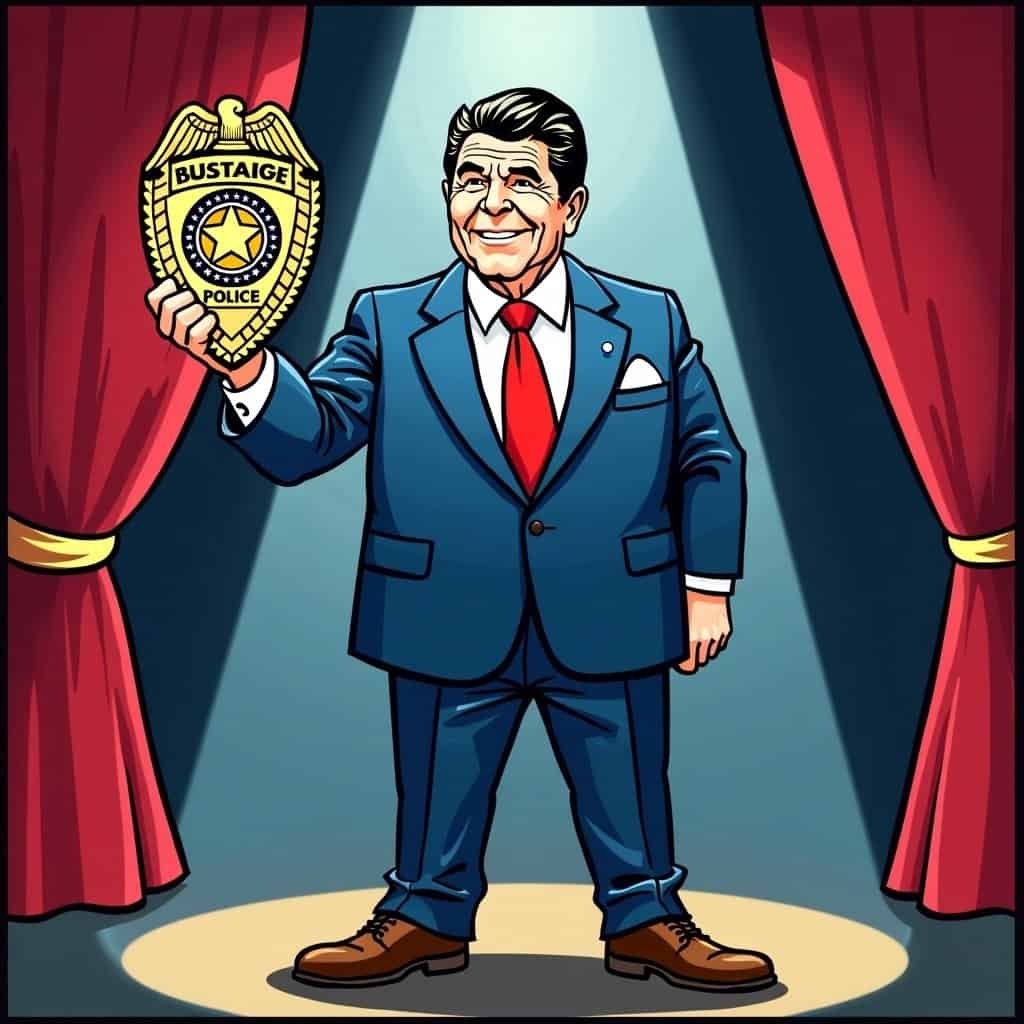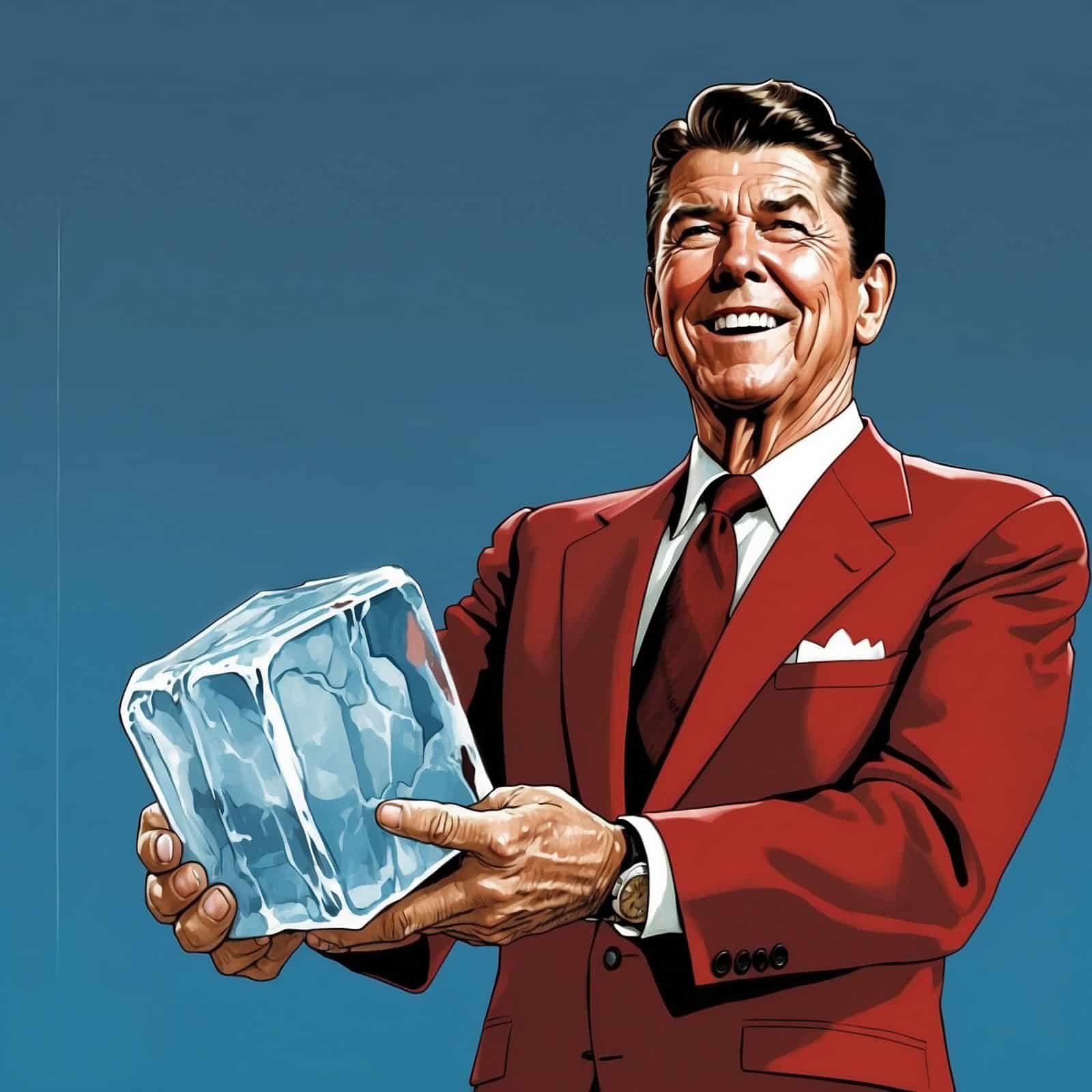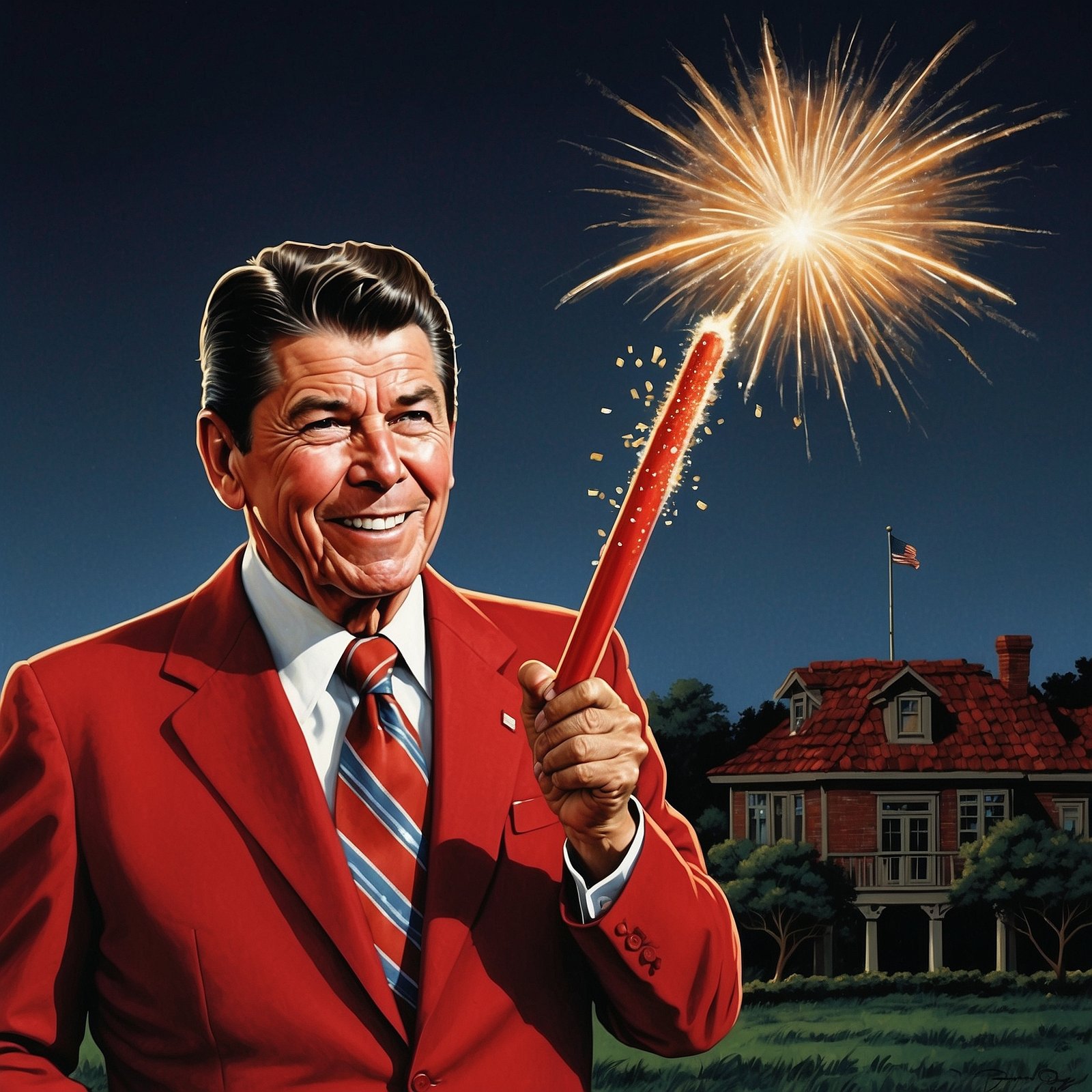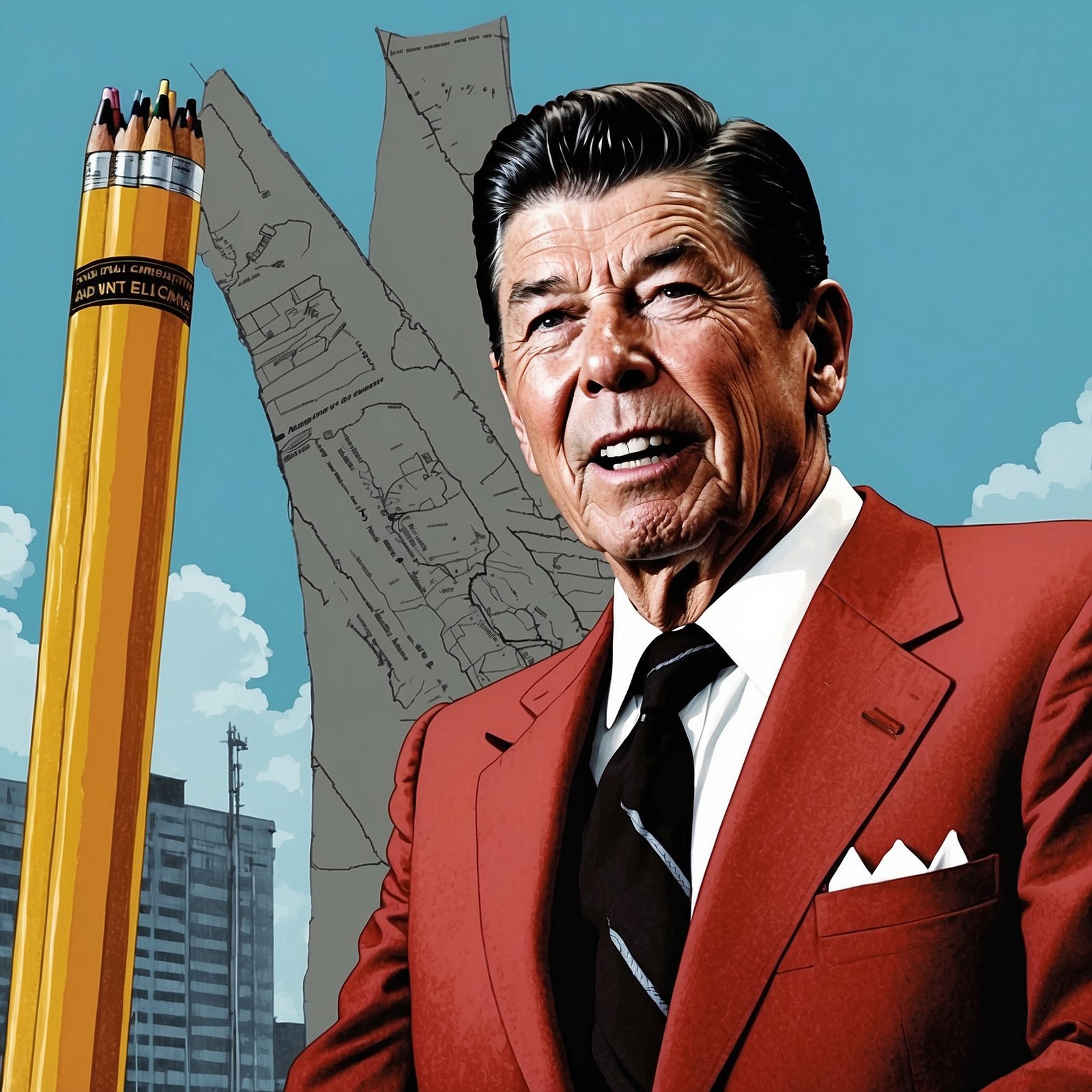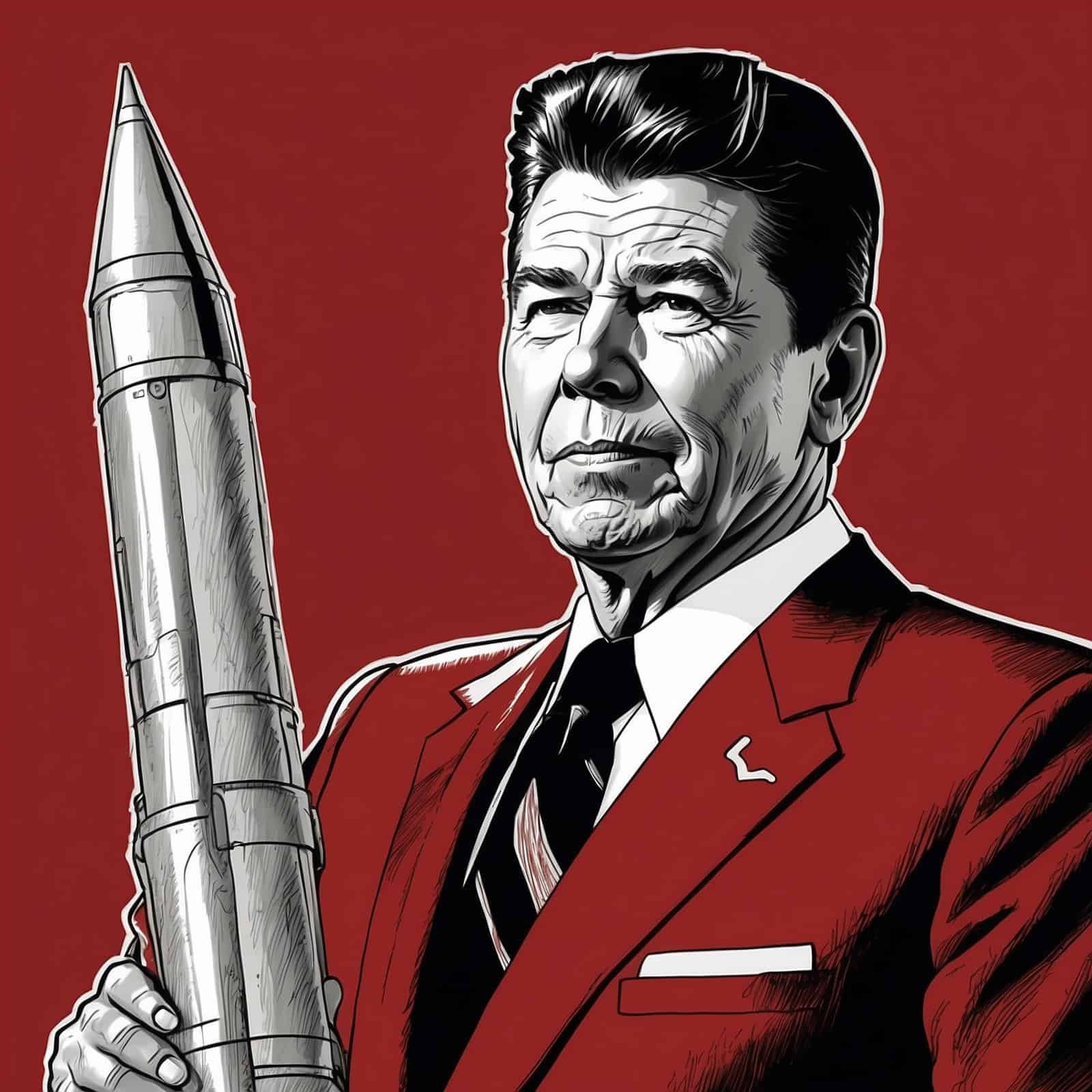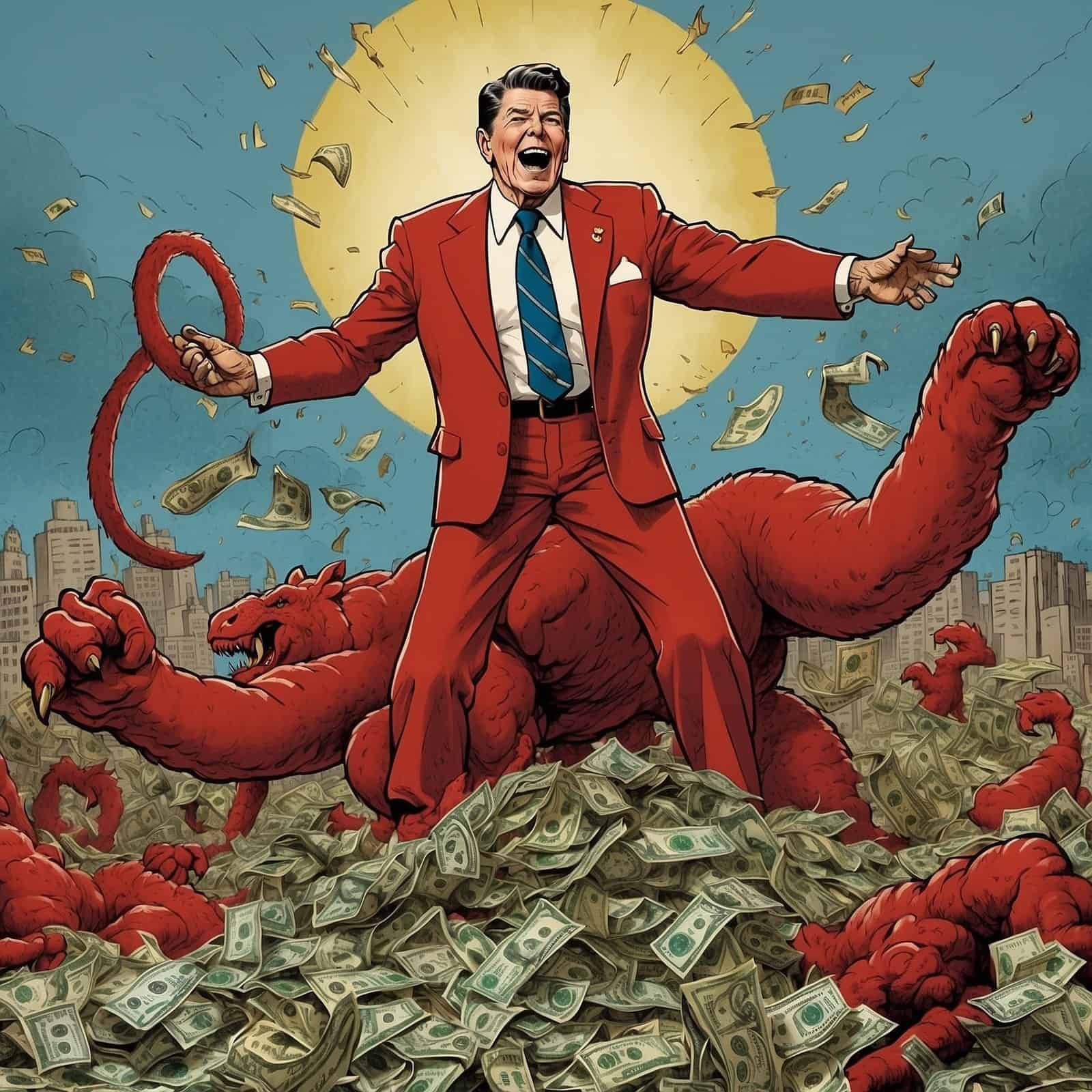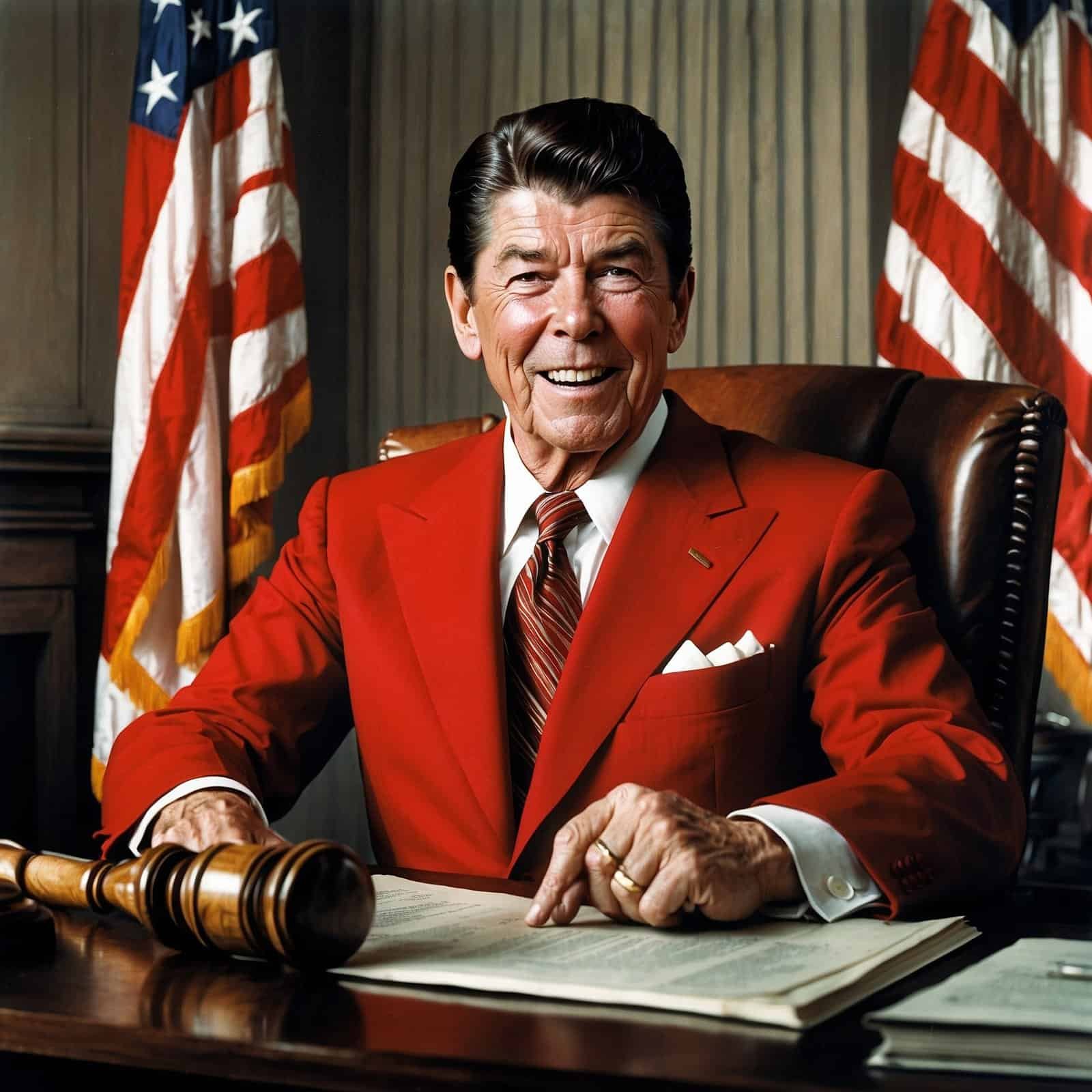Ah, the 1980s. A time when big hair, neon colors, and synthpop ruled the Earth. But more importantly, it was a time when the Gipper himself, Ronald Reagan, decided to take on one of the biggest threats to American society—organized crime. Yes, Reagan didn’t just play the cowboy in the movies; he became a real-life American hero, facing off against the mob with all the determination of John Wayne in a shoot-out.
Conservative values thrive on the grit of people like Reagan, who believed in law and order, free-market economics, and the power of limited government. When Reagan took office, he saw that organized crime wasn’t just a bunch of shady characters hanging out in smoky backrooms. It was a stain on American prosperity, undermining our economic freedom and the very fabric of our society.
Reagan’s No-Nonsense Approach
First off, let’s remember that Reagan’s approach wasn’t some wishy-washy liberal policy. Unlike his progressive counterparts who wanted to hug it out and sing Kumbaya (while secretly raising your taxes), Reagan planned to squash these illicit networks with a good ol’ fashioned crackdown. Reagan’s administration beefed up the RICO Act (Racketeer Influenced and Corrupt Organizations Act) giving law enforcement the muscle to fight back. It wasn’t about throwing money at the problem; it was about enforcing the laws with a tough-as-nails approach. Conservatives believe in a well-ordered society because, well, chaos doesn’t exactly help economic growth or personal freedom, does it?
Following the Money
Under Reagan, federal law enforcement agencies got better funding, more training, and the power to seize assets. Ever hear the phrase “Follow the money”? Well, that’s exactly what Reagan did. And boy, did it work! Mob bosses found their assets frozen faster than you can say “Forget about it.” Now, compare that to the liberal philosophy of endless regulations and redistributive justice. Let’s face it, those guys would just end up taxing the last honest dollar to pay off the mobsters.
Reagan’s Strategy vs. Organized Crime
- Strengthened RICO Act
- Increased funding for federal law enforcement
- Empowered asset seizure
- Targeted approach to taking down crime families
- Focus on merit-based success and law-abiding citizens
Reagan’s Approach vs. Liberal Policies
Reagan’s strategy was clever, focused, and unrelenting—bringing down crime families like a house of cards in a windstorm. Cases against notorious figures in organized crime shot up, paralyzing their operations and making America’s streets and businesses safer for law-abiding citizens. It was a return to merit-based success; if you worked hard and played by the rules, you could achieve your American Dream without fear of being strong-armed by mafiosos.
But let’s talk about what the left usually skips over: their love for endless government intervention has historically made cities soft on crime. Progressives often argue for social programs addressing ‘root causes’ like poverty or lack of education, which is just a fancy way of saying they’d rather put a Band-Aid on the problem than solve it. Meanwhile, Reagan, true to conservative form, believed that a strong legal framework and a market-driven economy created the kind of environment where communities could thrive and individuals could succeed.
The Big Government Problem
You see, liberals and progressives think that bigger government is always the answer. They want to control your healthcare, your education, and even your speech. But when it comes to cracking down on organized crime, they conveniently forget that it’s often big government that becomes the problem instead of providing solutions. Taxpayer money disappears faster than a mob’s ill-gotten gains, and nothing really changes. But Reagan? He went straight for the jugular—cleaning up the streets and letting hardworking Americans breathe easier.
Conservative vs. Liberal Approaches to Crime
| Conservative Approach | Liberal Approach |
|---|---|
| Strict law enforcement | Focus on social programs |
| Asset seizure | Addressing ‘root causes’ |
| Limited government intervention | Increased government control |
| Market-driven solutions | Regulatory approach |
Reagan’s Lasting Impact
What we need to understand here is that Reagan’s crackdown on organized crime was more than just dragging mobsters to prison; it was about reinforcing the principles of law and order. It was about making America a safer place to raise your kids, build your business, and enjoy your freedoms. That’s what conservatism stands for—ensuring that every American has the opportunity to succeed based on their merits, and not fall prey to the lawless corruption that organized crime thrives on.
So, next time you hear a liberal talk about the ‘problems of the 80s,’ remind them about Reagan’s heroic efforts in cracking down on organized crime—efforts that have had long-lasting positive impacts on our society. Because while liberals are busy rewriting history, we’re here to set the record straight. Reagan’s legacy shows what a strong, unwavering dedication to American values can accomplish. And let’s face it, we could use a little more of that Reagan grit today.
Table of Contents
- Reagan’s No-Nonsense Approach
- Following the Money
- Reagan’s Approach vs. Liberal Policies
- The Big Government Problem
- Reagan’s Lasting Impact
